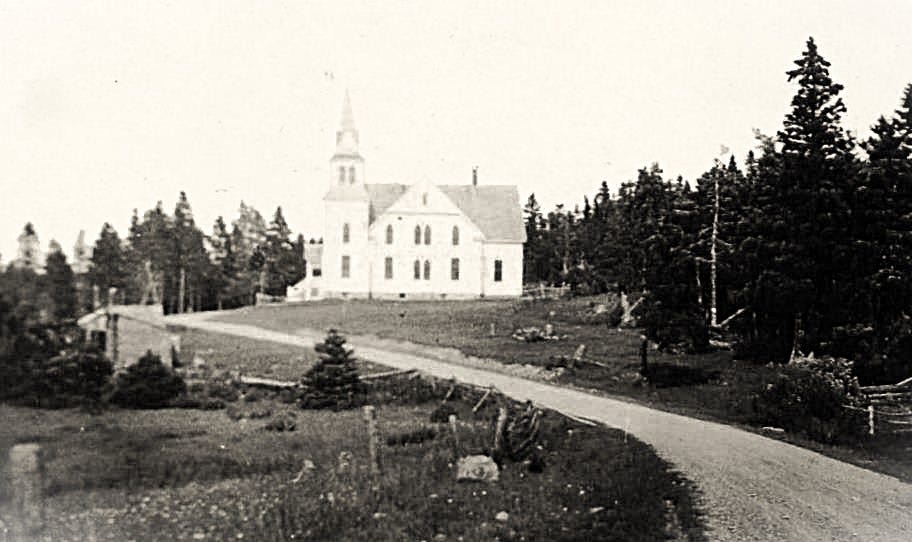NOTE: There was a glitch with today’s video which caused it not to be accessible in the US. I’ve included another which I believe will work. Sorry for the confusion.
Sometimes a Song belongs to the world at large, and today’s selection is just such a one. I have a childhood memory of learning to sing “Loch Lomond” as a schoolgirl, back when folk songs were considered an essential part of the elementary school curriculum. Such songs were taught not with any “message” except that of the music itself. Folk songs were fun; they were human; and they were a part of a shared cultural heritage of music around the world.
An inordinate number of folk songs sung in America came from England and Scotland. Shall I list a few, tunes that I also learned in school? How about “Annie Laurie”? Or “My Highland Laddie”? Or “Coming through the Rye”? Or one which caused much confusion among the little children and much laughter among the older, “My Bonnie Lies over the Ocean,” which some of the children misheard as “My BODY lies over the Ocean.” And then there was the one Scottish tune that everyone sang and many still sing, mostly on New Year’s Eve, and to which everyone regardless of his own ethnic heritage knew the words: “Auld Lang Syne,” which I have written about before at Word & Song.
If you “Google” it, you will be led down a rabbit hole of speculation about the origins of this week’s song. We do know that the song was first published in a collection of Scottish folk tunes, in 1841. But by then it was certainly much more than a century old, and any ideas of political origins of the tune were certainly attached to it after it had been passed down through many generations as a love song. “Loch Lomond” of course, has a setting, the famed lake located some 25 miles northwest of Glasgow, and it tells a very human story of two lovers who met and courted there, and of their parting. The song is a bittersweet remembrance of that final leave-taking — from the beloved, and from the beautiful setting where the love story unfolded. Who can hear such a tale and not be moved by it?
Not surprisingly, “Loch Lomond” has been commercially recorded hundreds of times, and is one of the best known folk songs of all time. Here in Nova Scotia, in Cape Breton where I am right now, there is a Loch Lomond, named so by the Scots who settled here in the 1770’s. A few years back, we heard that the church at Loch Lomond was sponsoring a concert, followed by a hymn-sing. And though we had no GPS (we still don’t) and only a vague idea of where the place was, we set happily off to find it. Once we left the main road, we proceeded to get hopelessly lost in a tangle of dirt roads and ill-marked crossroads, and we despaired of finding our way back to the highway, much less to reach the church on time. Our joke was the we had “taken the high road AND the low road” and that everyone had reached Loch Lomond before we did. But with perseverance, we eventually found a most beautiful old Presbyterian church — in the middle of nowhere — and quietly made our way to the back row of seats in the large choir loft.
At the very end of the event, the Scots-Canadian fellow who had organized it rose and thanked the performers and the audience for coming, and with a smile asked everyone to rise for the “singing of the national anthem.” And then I heard the introductory strain — not of “O Canada!” but of “Loch Lomond.” We all stood, and in that packed church everyone sang till the rafters rang with that beautiful old song. What a day! What a song!
I was fortunate for today to find a lovely version of “Loch Lomond,” arranged by Vaughan Williams and sung by classically trained tenor, Ian Partridge, accompanied by the London Madrigal Singers. The year was 1970. Pay attention the wonderful descant singing and the all-around brilliant harmonization behind Mr. Partridge’s excellent rendition of the song.
I have added a second video of the same recording, because some readers are not able to view the one I posted originally. We are in Canada, and some Youtube videos available here are not working in the US.




Judging from the photo, Vaughn Williams=Ralph Vaughn Williams, right?
I usually hear him referred to with the Ralph (which people pronounce “Rafe”🤷🏻♀️).